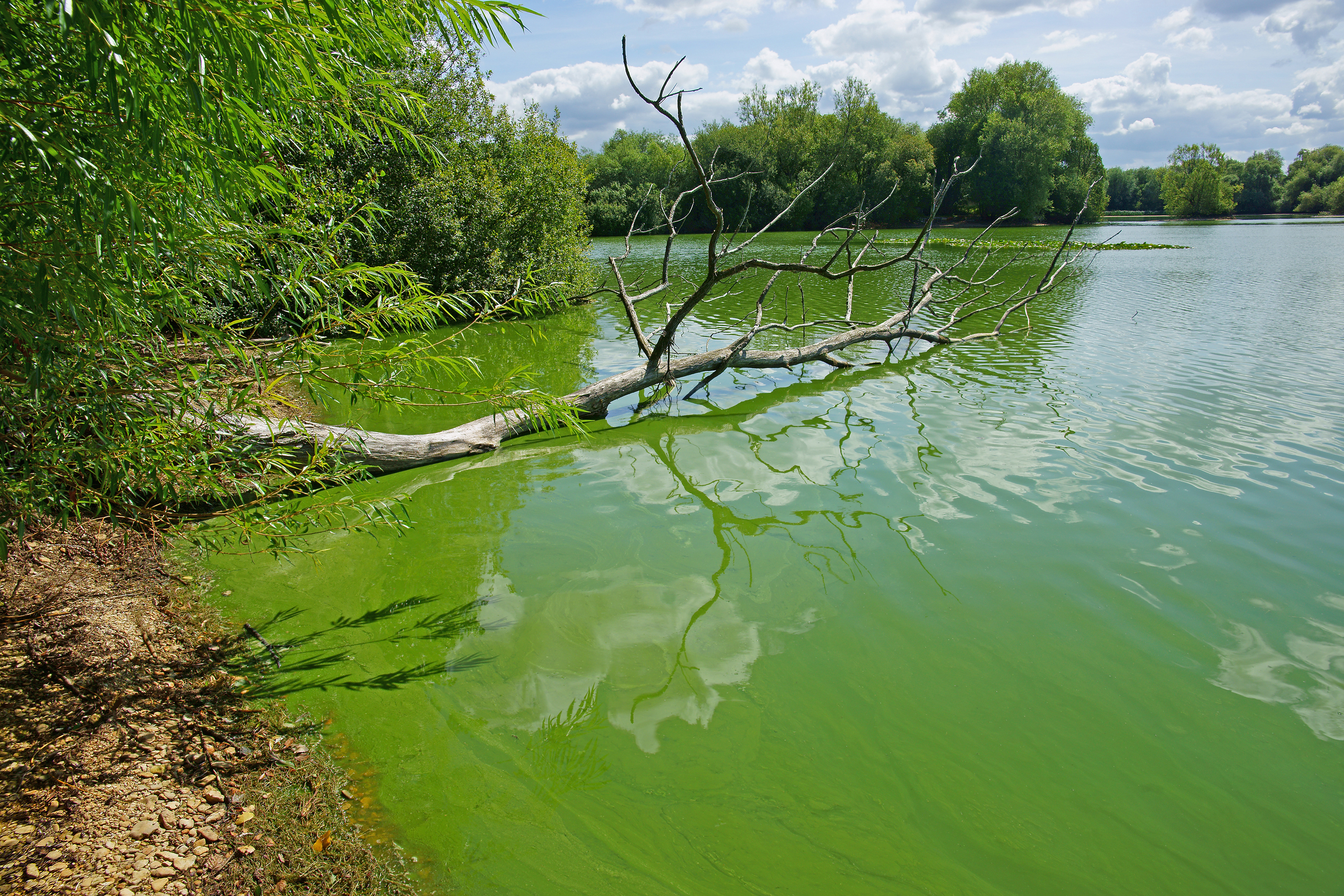As the weather gets warmer from time to time, especially with our alternating rain and sun, we begin to see the warnings that we receive annually. It has returned and it is present. In our lakes, our pools, and other still bodies of water. So, let’s dive into the bloom!
First, let’s talk about blue-green algae. It’s a type of bacteria that naturally grows in water and looks like algae. That’s why it’s called blue-green algae. Not all blue-green algae is harmful, but you can’t tell just by looking at it! So, it’s safer to assume that any blue-green algae you find is toxic. It can be very dangerous, but if you take it to your vet, there’s a chance they can help.
If you think your pet was exposed to blue-green algae and you’re not sure what to do, here are some simple steps to follow:
- Take your pet out of the water immediately and ensure they can’t go back in.
- Call your vet right away and make an appointment for your pet to be seen as soon as possible. Time is important in these situations.
- Let your vet know about the potential exposure to blue-green algae so they can provide the necessary treatment.
- If you suspect your pet drank water with blue-green algae, try to get them to the vet within an hour. The vet can then give them activated charcoal, which can help counteract the harmful effects of the algae on the liver and nervous system.
Remember, seeking professional veterinary help is crucial in these situations. The symptoms can start to appear shortly after exposure, so it’s important to have your pet checked by a vet before any symptoms arise.
Given that this bacterium can also enter your pet’s body when they groom themselves by licking their fur, it is advisable to promptly wash your pet with clean water once they are out of the water. Additionally, it is important to be mindful of the water quality before allowing your pets to swim in it.
Written by Ashley. G, VT
Resources:
VCA Canada – https://vcacanada.com/know-your-pet/algae-poisoning
CDC – https://www.cdc.gov/habs/specific-groups/veterinarians-cyanobacteria.html
